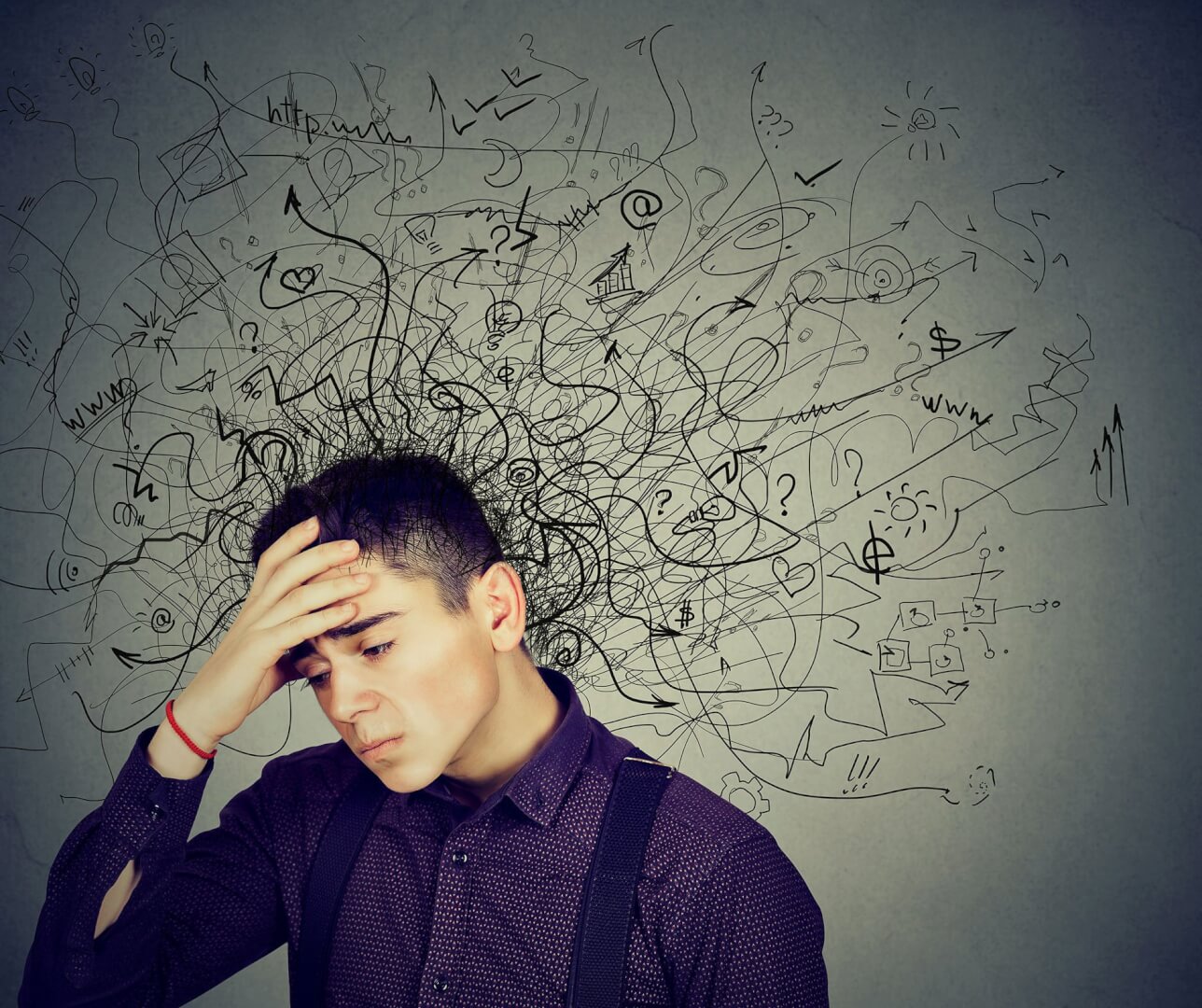Though transcranial magnetic stimulation provides breakthrough non-invasive treatment options for depression and relief from other mental disorders, there is still an incredible amount of importance in what different treatment strategies coincide with it. Though typically, medication will (at the very least) be attempted as a form of treatment before TMS therapy even starts, often both procedures will run parallel with one another. Also, the importance of talk therapy, specifically Cognitive Behavioral Therapy (CBT), cannot be understated when it comes to mental health conditions such as anxiety disorders and depressive disorders.
What is Cognitive Behavioral Therapy?
Cognitive Behavioral Therapy (CBT) is a process by which a therapist or other mental health professional helps their patients focus on their cognitive processes, specifically challenging negative thoughts, feelings, and behaviors. The goal of CBT is to help the patient become more aware of their present selves, how their ideas come up and how they are interpreted, how they make them feel, and intrinsically how they act or react.
The goal of this type of therapy is to help individuals develop better-coping skills when it comes to their day-to-day lives and how they navigate their thoughts and feelings. By assisting them to overcome repetitive negative thinking and maladaptive or harmful behaviors or habits, patients can bring to fruition a new and fulfilling lifestyle by incorporating new, positive activities that celebrate accomplishment and self-esteem.

Why is CBT important for TMS therapy?
It is important to note that while TMS therapy is an effective method, it is not a cure-all psychological treatment. However, it is a very durable treatment and can last years regarding remission when it comes to treatment-resistant depression and major depressive disorder. That said, TMS is very much biological, meaning it is physical therapy of the brain, which can help relieve symptoms of depression and generalized anxiety disorder through its treatment process. How long the remission lasts can vary depending on the patient and their lifestyle factors: severity of illness, diet, exercise, as well as therapy. CBT sessions can be critical as a parallel treatment option, as it helps facilitate change on the mental level, which cannot be understated regarding its importance.
If someone is meeting with a therapist on a regular basis, they are going to be talking about their everyday life, their struggles and how they deal with feelings. Their therapist can act as a coach to let them know what is healthy and what is not. They can continue to work on themselves before and after TMS treatment, allowing them to go hand in hand with one another to achieve the best results. Most patients already have therapists, but if they do not, they may participate in our integrative brief psychotherapy program before even starting TMS.
TMS by Itself is Not a Universal Cure
Biologically, TMS patients are depressed because their particular mental disorder and depression have impaired their neuropathways. Even though TMS can work wonders if their sleep patterns are off, they are having difficulties with relationships, they have unhealthy eating habits or not working or exercising, then they may be missing out on possibilities of fulfillment in their lives. Even though TMS can get them out of a depressive spell, it may not last as long until the lifestyle factors fall in suit.
If someone starts to notice anxiety symptoms, finds themselves getting increasingly anxious, and feels a panic attack coming on, there are two options. They may let the panic attack take control, flooding the individual and making them feel as if they are a ball of tension, worry, and anxiety. Or, if they are using CBT, they can utilize coping mechanisms such as breathing techniques, writing exercises, communication with loved ones, etc. All of these things can be gained through the benefits of therapy and talking with someone who knows about coping techniques. Just because an individual is undergoing TMS treatments, does not mean that they will never have an anxiety and depression symptoms ever again. It is much more about what they do now that they can apply some of the tools they have learned. After all, with TMS therapy they should already have as much biological help as possible!

TMS and Therapy Go Hand-in-Hand
While transcranial magnetic stimulation (TMS) therapy treats mental illness on a biological level, therapy goes a step further by treating individuals on a psychological level and providing new insights into coping mechanisms and practical ways to address negative feelings or mental health symptoms. If you or a loved one is struggling with severe depression, an anxiety disorder, or another mental health condition, contact Neuro Wellness Spa to begin your journey toward mental wellness.
Our expert team of psychiatrists and therapists is always available to discuss depression and anxiety treatment options and find the right fit based on each individual’s unique needs. Call us today to learn more about in-person and online psychiatry for medication management, alternative treatments like TMS therapy, and our individual therapy program. Mental health treatment doesn’t have to be complicated, we’ll be with you every step of the way.

